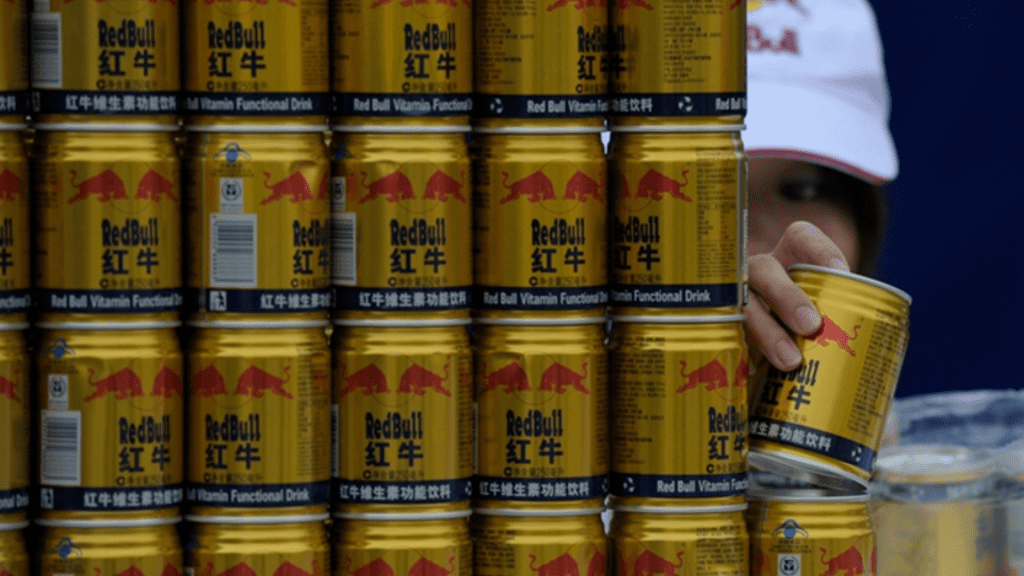The People’s Republic of China’s National Health Commission (NHC) has recently granted approval for the inclusion of vitamins B1 and B2 in beverages. Additionally, the NHC has raised the maximum permitted dosage of taurine.
The NHC’s department of Food Safety Standards and Monitoring and Evaluation has made an announcement regarding the expansion of the utilization of vitamins B1 and B2 in beverages with specific purposes, including sports and nutrition drinks. Chinese authorities have approved a dosage range of 2mg/kg to 5mg/kg for these vitamins.
Previously, the usage of vitamins B1 and B2 was limited to being incorporated solely as food additives in dairy powder intended for children and pregnant women, as well as certain other food items. However, with this recent announcement, their scope of application has been expanded to include beverages for specific purposes.
Simultaneously, the NHC is raising the maximum authorized dosage of taurine from 0.5g/kg to 0.6g/kg. In China, taurine is presently sanctioned for inclusion in beverages with specific applications, such as sports and nutritional drinks. Taurine, an amino acid abundantly present in meat and seafood, among other sources, is a widely used ingredient globally in numerous energy drinks.
In 2020, Statista reported that Red Bull, recognized for its taurine-based beverages, achieved remarkable success as the top-selling energy drink brand in China. It accounted for an impressive 52% share of all energy drink sales in retail outlets, solidifying its market dominance.
In April, Chinese researchers published a review indicating that supplementation with adequate doses of taurine might have a beneficial impact on reducing visual fatigue. This recent study aligns with the notion that taurine supplementation could potentially help alleviate visual exhaustion.
According to the review, taurine, being a naturally occurring amino acid, possesses a commendable safety profile and is permitted for use in functional beverages and various food products in numerous countries. The review further emphasized the promising potential of taurine in the development of functional foods aimed at alleviating visual fatigue.
